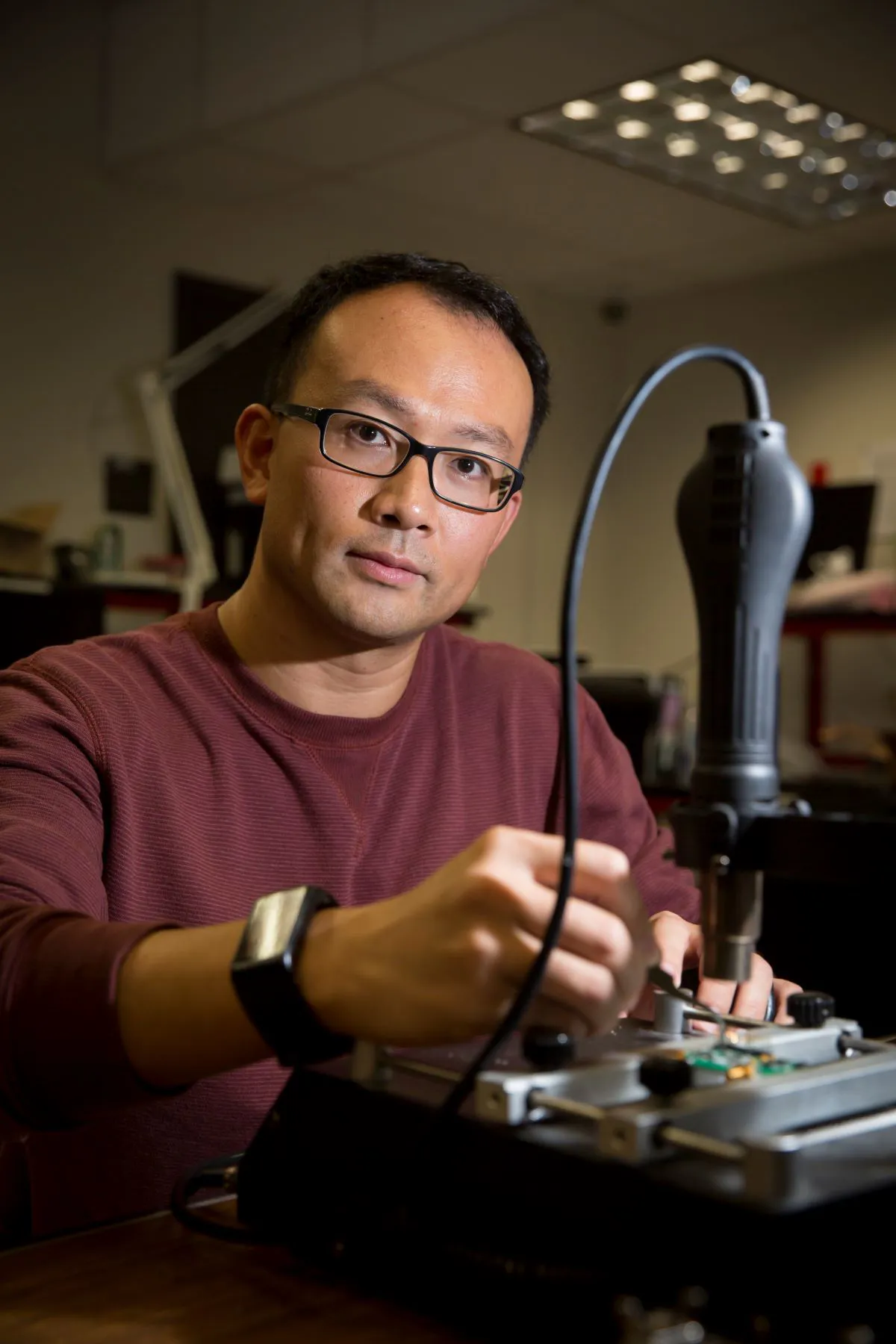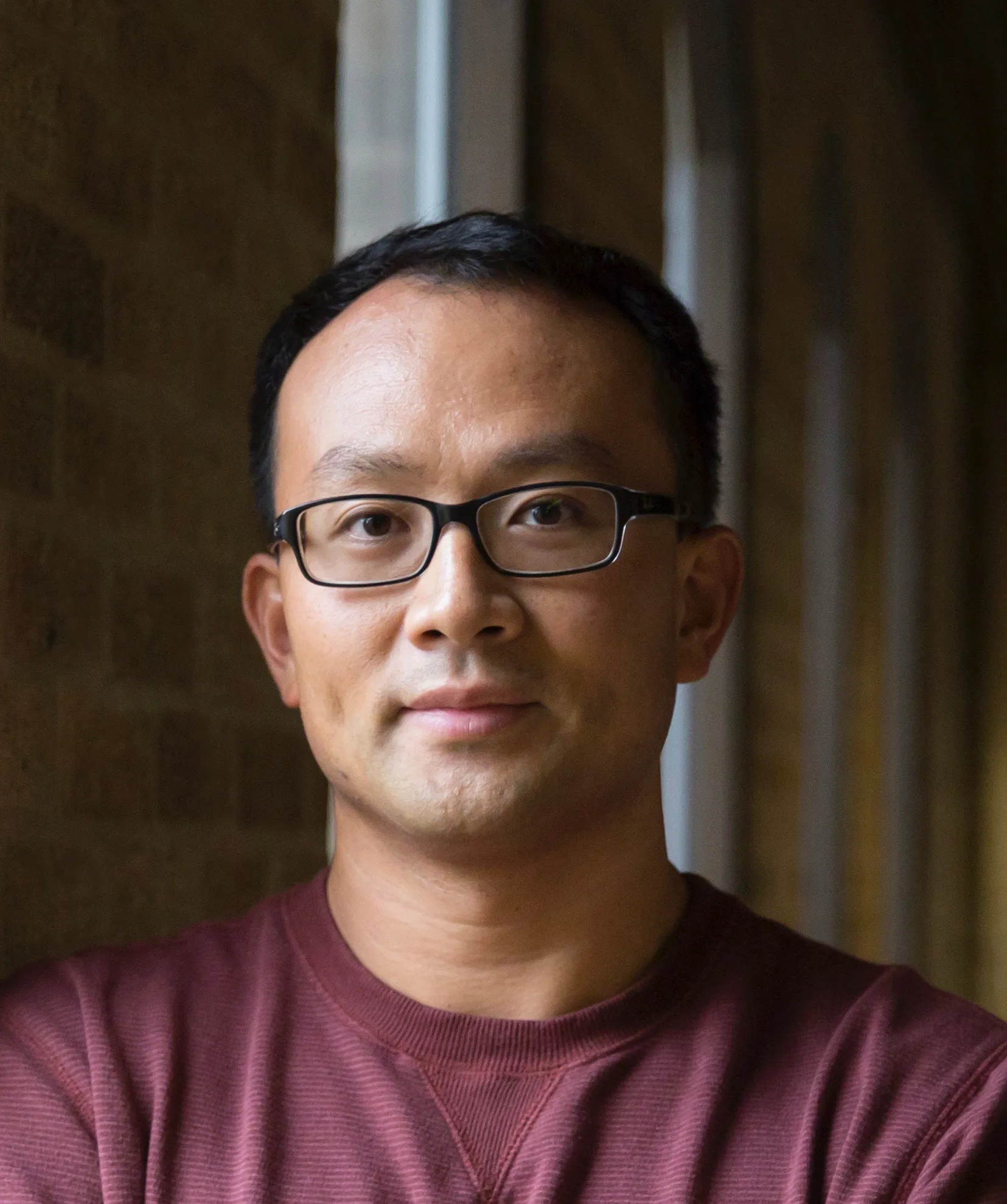Compound-Eye RF Vision for Next-Generation Biomedical Radar Sensing by 2024 A F Harvey Prize winner Dr Changzhi Li.
View the lecture on demand
By analysing the response of low-power radio waves reflected from human subjects, biomedical radar sensors are revolutionising healthcare and enhancing human-machine interfaces, enabling remote monitoring without the need for wearable devices.
During this talk, Dr Li will first review applications at this exciting human-microwave frontier, including physiological signal sensing, non-contact human-computer interfaces, driving behavior recognition, human tracking, and early-stage clinical studies.
Despite the rapid growth of radar-based biomedical sensing, its integration into everyday life remains limited due to challenges associated with body orientation and movement, which impact the reliability of high-quality signal acquisition.
Dr Li’s presentation will address these issues by exploring spatial and wavelength diversities to dynamically optimise detection in a vision-like data fusion approach. Advancements in semiconductor technology have made it possible to access highly compact radio frequency and millimeter-wave integrated chips with antenna-in-package, allowing for the creation of remarkably compact devices.

To this end, Dr Li will introduce bio-inspired compound-eye RF vision, which has the potential to transform smart radar sensor’s capabilities by providing high-fidelity depth and angular information, allowing to accurately target specific body areas in search of the desired physiological signals.
Finally, to optimise the utilisation and sharing of spectrum resources, this presentation will explore indoor passive sensing based on ambient wireless signals, highlighting the critical roles of advanced beamforming and multistatic detection.
Dr Changzhi Li
Changzhi Li received his PhD in Electrical Engineering from the University of Florida in 2009. He is a Professor at Texas Tech University.
His research interest is microwave/millimeter-wave radar sensing for healthcare, security, and human-machine interface.
Dr Li is an MTT-S Distinguished Microwave Lecturer. He is a Fellow of the IEEE and a Fellow of the National Academy of Inventors (NAI).

